A Global Program class at the Lauder Institute, led by Dr. Ecaterina Locoman, draws on various disciplines such as comparative religion, international relations, and political science, to discuss the drivers of international order-making. This semester, a number of distinguished experts joined our students to dialog about democracy, authoritarianism, and peacemaking, including the role they have personally played in international order-making and in shaping global political discourse.
HRH Prince Zeid Ra’ad Al Hussein, former United Nations High Commissioner for Human Rights, discussed the role of the UN in peacemaking around the world, and to what extent the UN can help prevent wars and maintain peace. He also talked about his experience in developing the treaty that established the International Criminal Court and whether, in his view, those guilty of war crimes in Ukraine will be held accountable. Prince Zeid was Jordan’s Ambassador to the United States between 2007-2010 and represented Jordan twice before the International Court of Justice. He is currently the President and CEO of the International Peace Institute and the Distinguished Global Leader-in-Residence at Penn’s Perry World House.
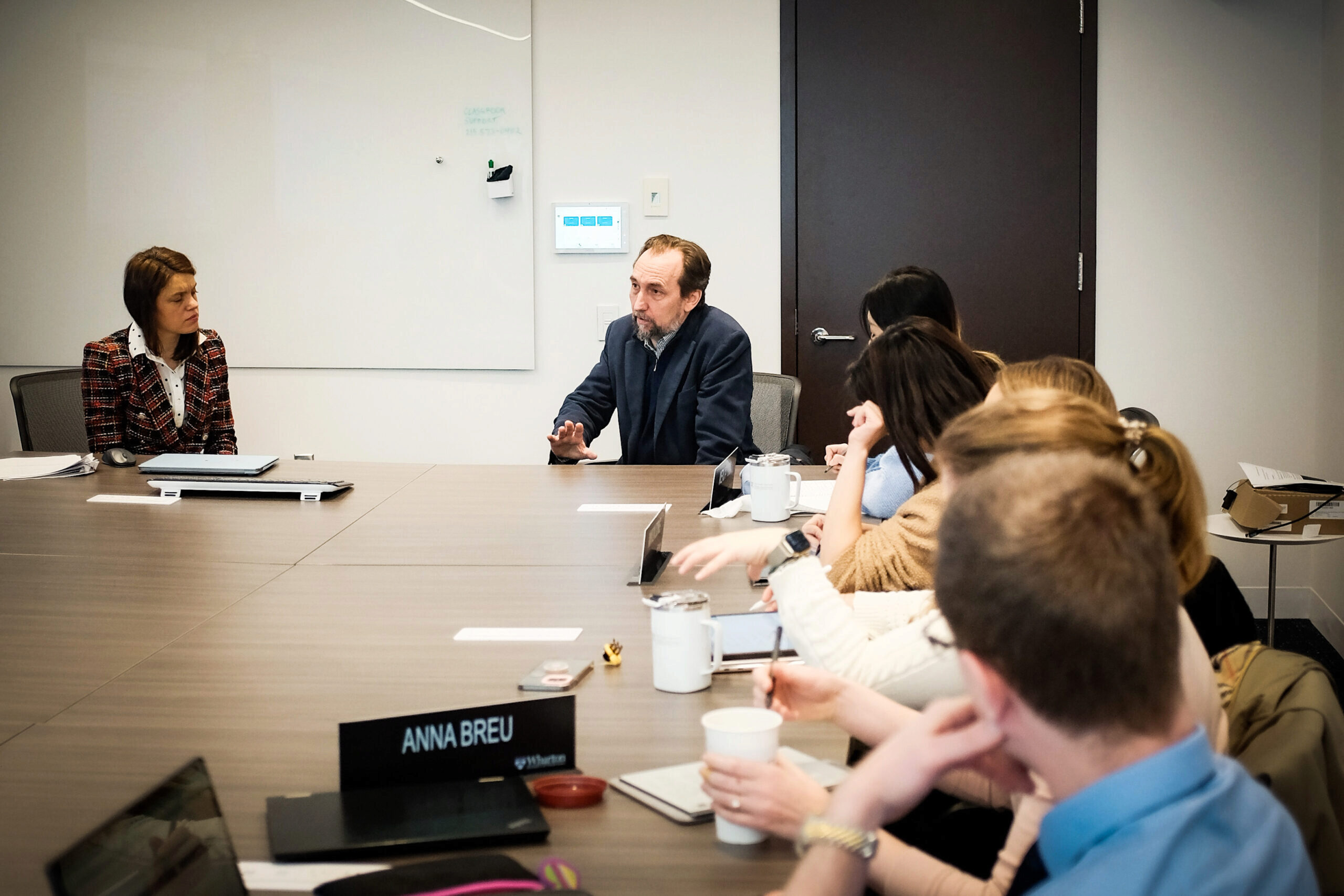
Ambassador Alexander Vershbow, former Deputy Secretary General of NATO, and former Ambassador to Russia and to South Korea, shared his views on whether, and why, China and Russia are aiming to redesign the global order. Throughout his career, Ambassador Vershbow has been centrally involved in strengthening US defense relations with allies in Europe and Asia and in transforming NATO and other European security organizations to meet post-Cold War challenges. He shared his thoughts on Russia’s next steps in Ukraine, the reluctance of the West to give more military aid to Ukraine, and the potential impact of China’s involvement in the Russia-Ukraine war.
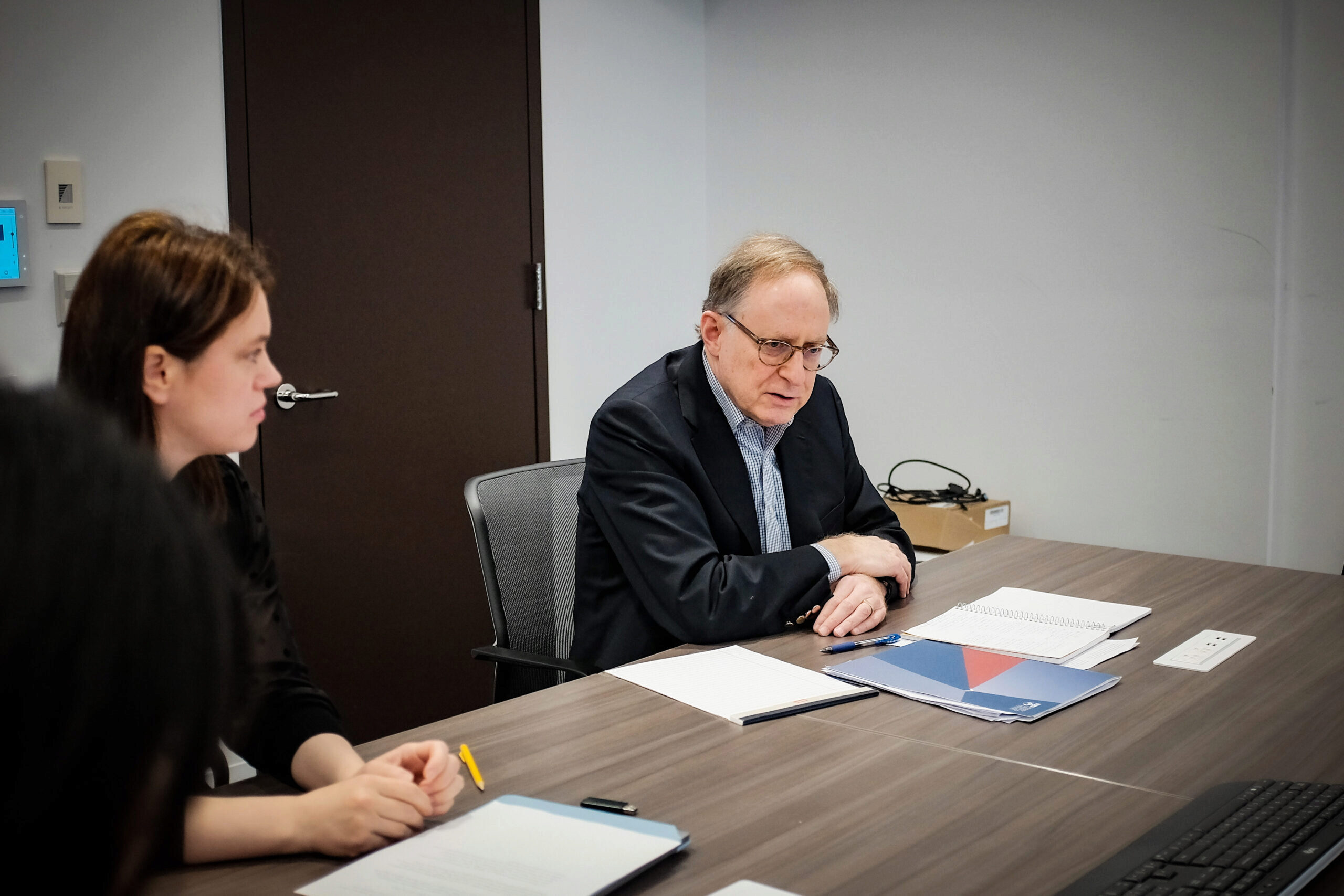
Evan Mawarire, Zimbabwean pastor and democratic activist, discussed the rise and associated risks of populism and authoritarianism around the world. He talked about his fight against an authoritarian regime in Zimbabwe and his experience of being jailed and tortured. Despite the risks to his life and family’s safety, Mawarire continues to publicly fight for democracy as founder of #ThisFlag citizens’ movement which challenges corruption, injustice, and poverty in Zimbabwe. Named one of Foreign Policy’s “100 Global Thinkers” of 2016, and as Daily Maverick’s 2016 “African Person of the Year,” Mawarire is currently the director of education at the Renew Democracy Initiative, and a visiting fellow at Penn’s Perry World House.
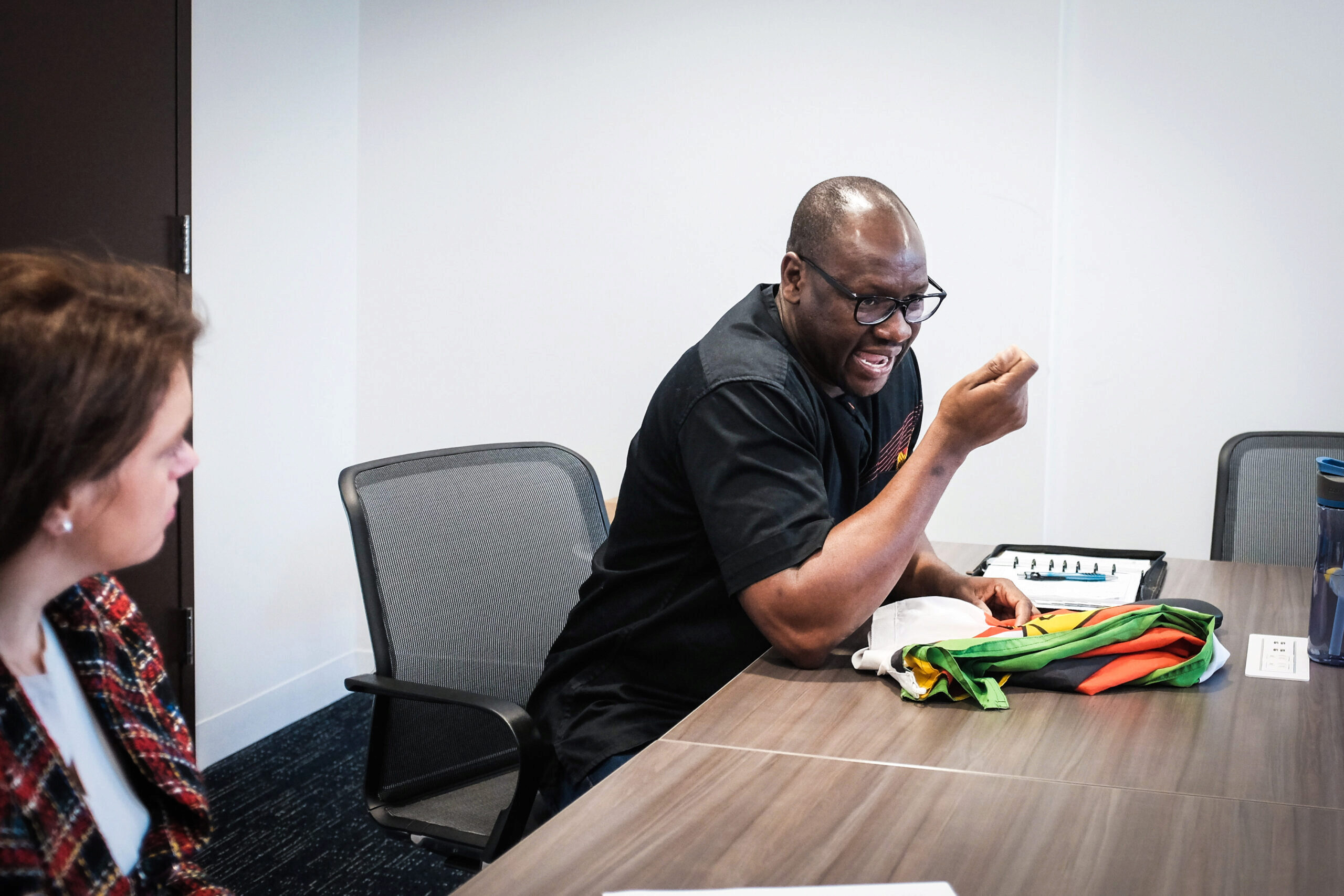
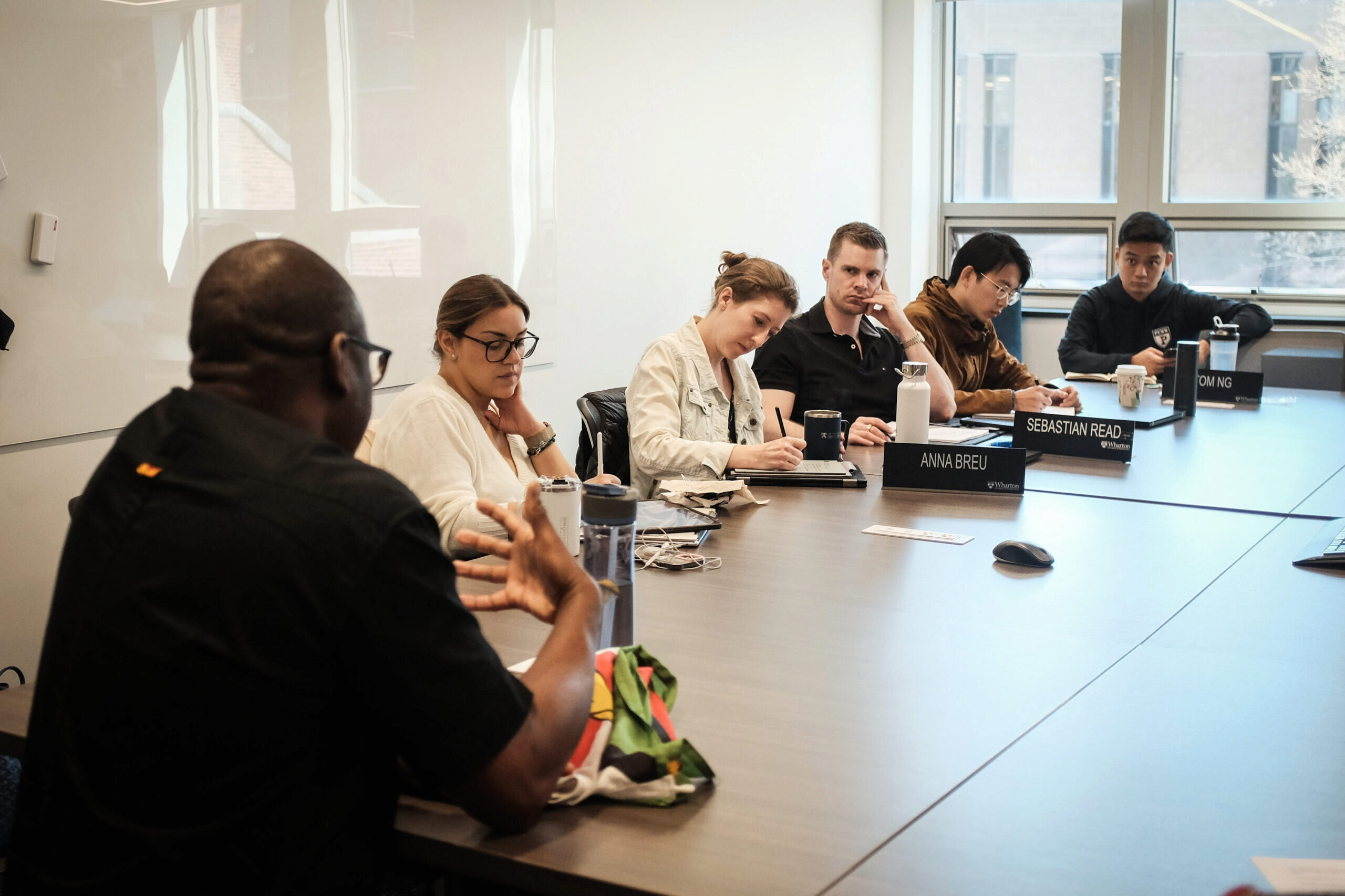
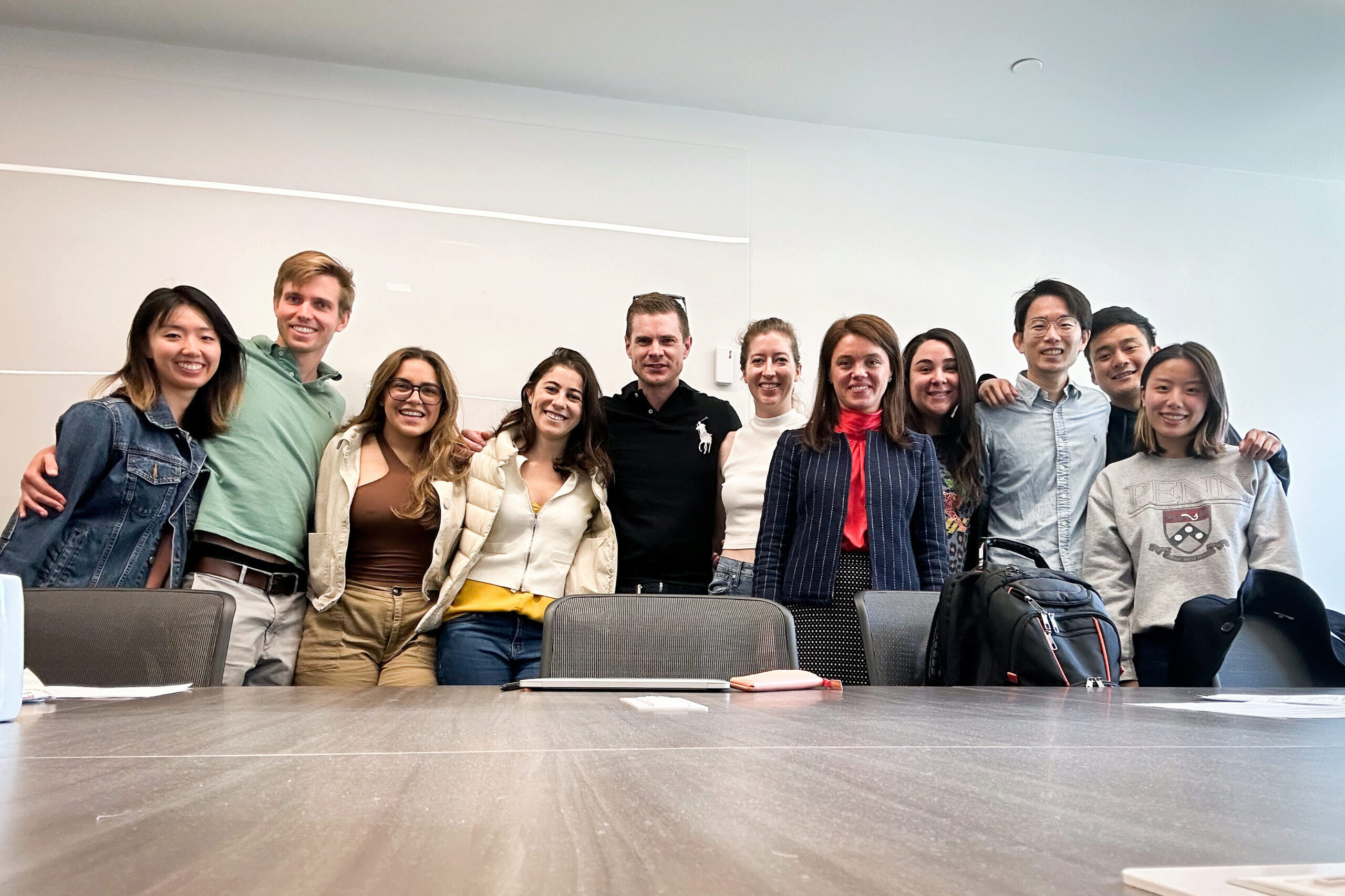
We are also grateful to other distinguished guest speakers in this semester’s course, not pictured:
Dr. Daryia Orlova, a Ukrainian Visiting Scholar from Penn’s Center for Media at Risk, talked about the phenomenon of disinformation, media bias, and fake news, particularly in relation to the challenges that Ukrainian journalists face in reporting during war. She discussed how Ukrainian journalists and media companies can share their experience, lessons, and tools in tackling these issues with the rest of the world.
Robert M. Scher, Head of International Affairs for bp America, discussed his experiences in both government and business and the divergent goals between the public and private sectors. Prior to bp, Scher worked for the US Government in a number of senior global affairs and national security roles. He spoke about the challenges that businesses encounter when their goals do not align with those of the government. Scher also discussed the risks that corruption poses to global security and order, and whether corruption in democratic versus autocratic governments carries the same level of risk. ■


